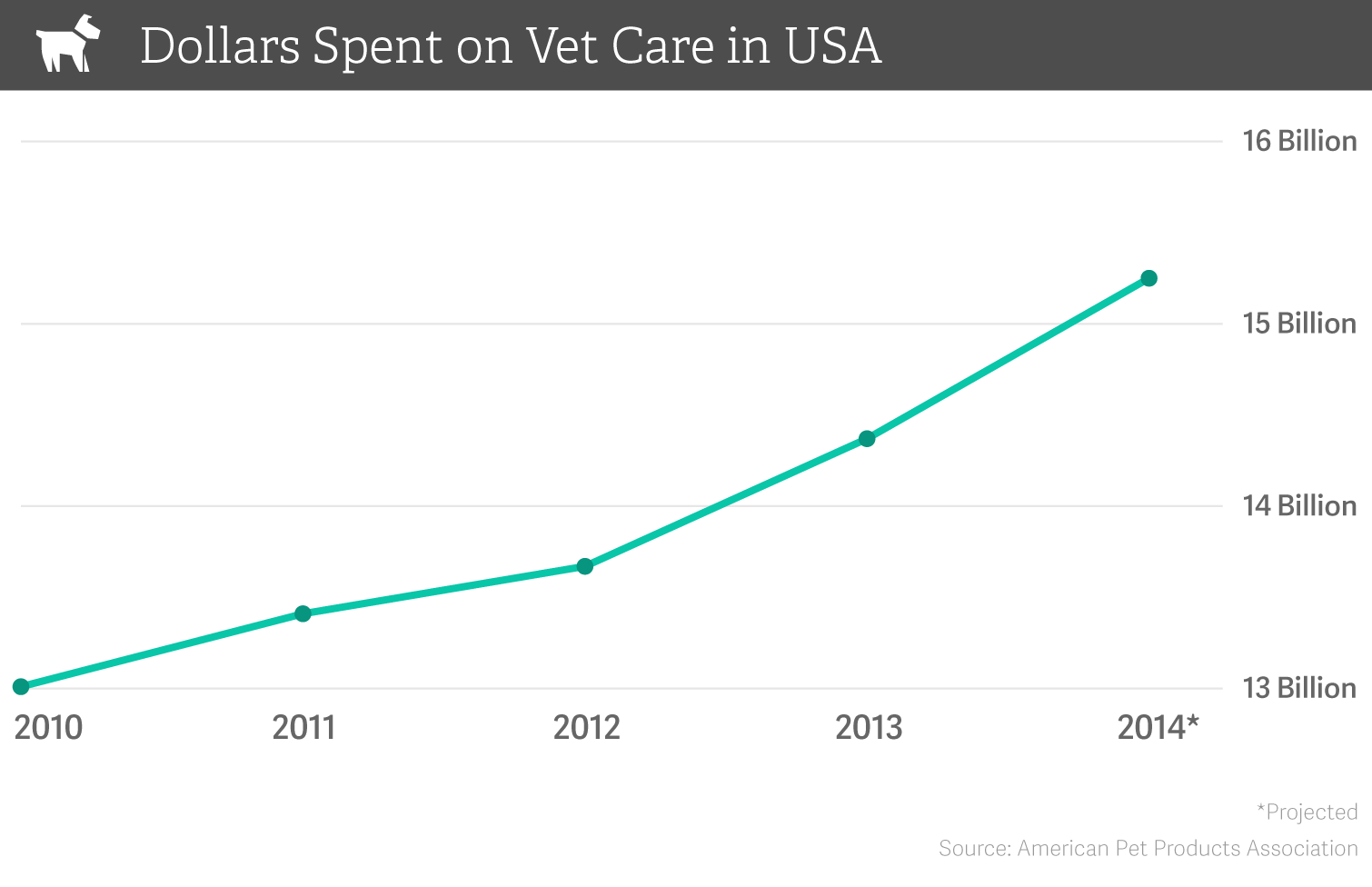
If you are considering becoming a veterinary technician in Virginia, it is important to understand how the field of veterinary medicine pays. Veterinarian salaries vary depending on experience, location, practice, and other factors.
Virginia Board of Veterinary Medicine has requirements for veterinary technicians to be licensed. Technicians can be found in a variety of industries and facilities such as hospitals, zoological gardens, public policy groups or pharmaceutical companies.
Veterinary technicians have high-growth potential. According to the Bureau of Labor Statistics, the field of veterinary technology is expected to grow 15 percent between 2020 and 2030. This is a much greater growth rate than the average for all occupations.
Many veterinarians work in both private practices and in animal clinics. These vets can expect to earn between $100,000 and $150,000 per year. In addition to earning a salary, vets can also receive bonuses. A bonus is awarded to a vet who performs at a particular level. Private practices may offer a profit share for vets who have years of experience.

Technicians working in veterinary fields can perform tasks like administering temporary bandages, performing laboratory tests, or providing resuscitation for animals. Their jobs are extremely dynamic. For instance, they can be called upon to perform emergency duties when licensed veterinarians are not available.
Virginia's veterinary technician salaries are higher than in other states. Veterinary techs can also choose to become specialists, such as those who specialize in a particular area of the veterinary industry. This will enhance their career prospects and boost their chances of advancement.
A veterinary technician's job is rewarding and exciting. Numerous veterinary technician organizations offer mentorship and training. Many of these organizations offer training for exotic animals.
Virginia vet technicians may earn higher salaries than their national counterparts. Although the salary is higher, Virginia's cost of living is still lower than other parts of the country. A veterinary technician salary is generally more than the average, given the cost of caring for pets. You can work as a veterinary technician in a private clinic or with a local government agency.
You can find many resources online for anyone interested in a career as an aspiring veterinarian. The Virginia Association of Licensed Veterinary Technicians has a job board, as well legal briefs about the profession. It also hosts conferences and social events to encourage networking.

Internships can also be a great way to gain more experience within the veterinary field. Internships offer technicians more hands-on training, which leads to a higher wage. However, these opportunities are not always offered. Volunteering at local clinics for animals can also help veterinarian technicians to enhance their qualifications.
Virginia vet technicians are in high demand. Their salary is the highest in America. VA vet techs are able to expect a high-quality job and a positive outlook for their future, despite its high cost.
FAQ
What should I do before buying an exotic animal?
You should consider several factors before buying an exotic pet. It is important to decide if the animal will be kept as a pet, or if it will be sold for profit. If you intend to keep the animal as a pet then ensure you have enough space. You should also know how much you plan to spend on the animal's care. It takes time to care for an animal, but it's worth it because they give great companionship.
If you want to sell the animal you must find someone who is willing to buy it. You must ensure that the person purchasing your animal knows all about taking care of them. Make sure you don't feed your pet too much. This could lead to health problems down the line.
You need to thoroughly research exotic pets before buying them. Many websites provide information about various types of pets. Be cautious not to fall for scams.
What is the best pet?
The best pet is one that you love. There is no correct answer. Every person has his own opinion about which pet is the best.
Some believe cats are more intelligent than dogs. Others say that dogs are more loyal and loving. Others disagree and argue that birds make the most wonderful pet.
No matter which type of pet you decide on, you have to choose what type of personality you want.
If you are outgoing and friendly, a dog may be right for you. A cat might be the best option for you if your personality is reserved and shy.
Also, consider the size of your apartment or house. If your apartment is small, you'll need to have a smaller pet. However, a larger house will mean that your pet will need more space.
Remember, pets need lots and lots of attention. They require regular food. You should take them for walks. And they need to be brushed and cleaned.
Knowing all these details will allow you to choose the best pet possible.
How often should I groom my dog?
It is essential to groom your dog. It will keep your dog's coat healthy and clean.
Brushing your dog twice a week is a must. You should brush him after each meal.
Your dog's fur can be cleaned by brushing it. This will get rid of dirt and hair. Brushing your dog's teeth will make him look more healthy.
Brushing his ears regularly will prevent ear infections.
Statistics
- Pet insurance helps pay for your pet's medical care, with many policies covering up to 90 percent of your vet bills. (money.com)
- Reimbursement rates vary by insurer, but common rates range from 60% to 100% of your veterinary bill. (usnews.com)
- It is estimated that the average cost per year of owning a cat or dog is about $1,000. (sspca.org)
- Here's a sobering reality: when you add up vaccinations, health exams, heartworm medications, litter, collars and leashes, food, and grooming, you can expect a bill of at least $1,000 a year, according to SSPCA. (bustle.com)
- * Monthly costs are for a 1-year-old female mixed-breed dog and a male domestic shorthair cat less than a year old, respectively, in excellent health residing in Texas, with a $500 annual deductible, $5,000 annual benefit limit, and 90% reimbursement rate. (usnews.com)
External Links
How To
How to train a pet cat
To properly train your cat, first you must understand his/her nature. Cats possess complex brains. They are intelligent animals, and they are also highly emotional creatures. You must consider your cat's personality if you want them to behave well. It is important to know how to properly handle your cat.
It is important for cats to be independent. They do not like being told "no". It can also mean that they don't like being told "no" and may get upset at you. This is why you should never hit your cat when he/she does something wrong. It is important to show affection and love to your cat but you shouldn't treat them like a human being.
If your cat is having trouble, you can try to help them. Talk to your cat calmly. Avoid yelling at him/her. Remember that yelling makes him/her feel bad. Also, your cat can't be forced to eat. Sometimes, he/she will refuse to eat. If this happens, it is time to give treats. However, don't over-indulge as this could lead you to overeating.
Always keep your cat clean. It is important to clean your cat daily. To clean dirt and dust off your cat, you can use a wet cloth. Make sure that there are no fleas on your cat. Flea bites can cause irritation to the skin and allergies. If you notice any signs of fleas, then you should use a special shampoo to remove them.
Cats are social animals. They are social animals and love to spend time together. Spending quality time with your cat is important. Play with him/her. Feed him/her. Cuddle him/her. These activities will make the cat happy.
Start training your cat at an early age. Start training your kitten when he/she is only two weeks old. It is best to start training your cat at three months of age. This is the best age to start training your cat.
When teaching your cat tricks, you should go through each step step by step. For example, when teaching your cat to sit down, you should show him/her the chair first. You should then say "sit" to your cat and reward it/her with a treat. Continue this process until your cat understands.
Remember that cats are intelligent. Cats are smart and can figure out how to do tasks. However, they still require patience and persistence. Don't expect your cat to instantly master a task. Give your cat lots of time to practice before giving in.
Don't forget cats are wild animals. They are naturally curious and playful. If your cat is free to roam, he/she could accidentally knock over things. To prevent accidents, place your cat in a secure area that won't cause injury to him/herself.